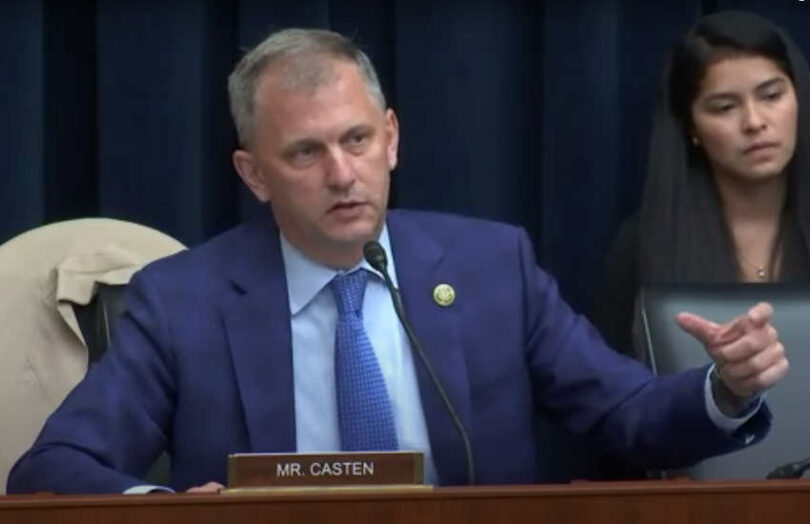Yesterday’s Congressional debate about a digital dollar CBDC did not divide along party lines. While all the Republican Representatives seemed opposed to a central bank digital currency (CBDC), so were a few Democrats. In a Congressional vote, a CBDC would struggle to get approval. Both the Federal Reserve and the Department of Justice stated previously that a retail CBDC needs Congressional backing.
“There is no support for a CBDC in Congress, except from those on the fringes, who think that somehow a CBDC might be an amazing solution to many unstated global problems,” said Representative French Hill, the Chair of the Subcommittee on Digital Assets, Financial Technology and Inclusion. Republicans have vocally opposed a CBDC, proposing several bills to block it.
Hence, one could easily assume Representative Hill’s statement was hyperbole. And perhaps it was a little because some Democrats are keen to explore the possibility of a CBDC.
One proposal put forward on the Democrat side was for eCash, a system of federal electronic cards that addresses privacy and could target financial inclusion.
This was one example that privacy concerns were entirely bipartisan. Worries about government control were largely Republican, although not entirely. But the potential impact of a CBDC on fractional banking seemed the reason that at least two Democrats are forcefully against a CBDC.
Democrats worry about CBDC’s impact on banks
“We seem to be in agreement that CBDCs by definition are not leverageable,” said Congressman Casten (Dem), discussing fractional banking. He is concerned that a CBDC will result in less lending and the economy will shrink.
He added, “If we can’t make the case that this actually makes sense for modern banking. And by modern, I mean banking as it has existed since the twelfth century. If the answer is if we don’t do it, the Chinese will. It sounds to be me like, ‘Have at it.'”
Another Democrat, Congressman Sherman, was concerned about government control. While Republicans worried about stopping people from buying guns, Sherman was apprehensive about blocking Planned Parenthood from accessing its bank account. “The power to take somebody out of the banking system is the power to impair if not destroy them,” said Congressman Sherman.
“The Fed is really bad at retail,” he added. “I’m concerned about the effect this is going to have on the deposits at regional banks and credit unions and smaller banks. We tend to focus on the financial system, but we need to see local business loans made. And Uncle Jay Powell is not going to lend money to my local pizzeria.”
Given both Congress and the Senate are currently finely balanced, a few Democrats are enough to block a CBDC from proceeding.






